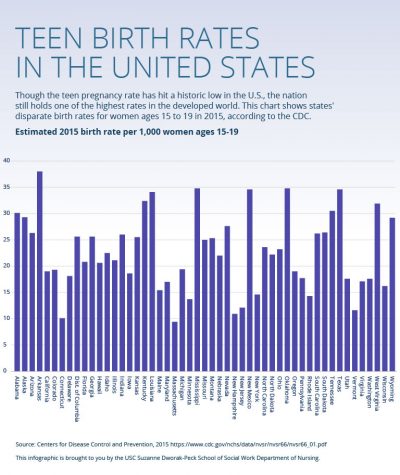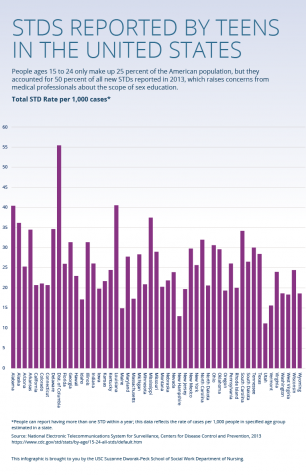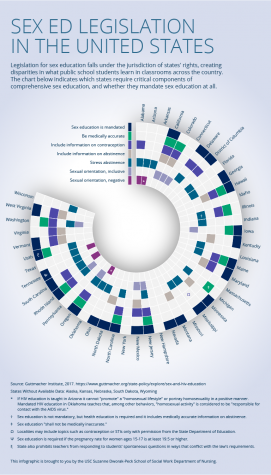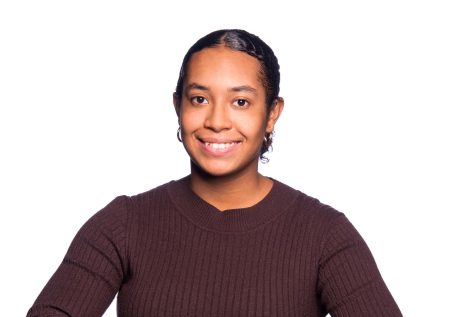The Importance Of Knowing Your Body
Your body is a big part of your life. It’s the center of your life. Literally. It performs different jobs that not only takes care of your lifestyle but your family too. It includes physical emotional, mental, social and sexual health. All that makes a person and drives us to be the people we are. Being in good health means you are well informed, careful, and respectful to yourself and others while also practicing different techniques that help you stay safe and pleasured.
Our bodies are our temples, our safe places and they work hard every second of the day to make sure we are the best we can be and healthy. It is only right that we return the favor and are well informed of what we can do to help keep us safe. However, the importance of knowing different aspects of our bodies is a subject that is not only not taught in schools, but deliberately avoided, which in turn leads to many having questions about simple topics and having misunderstandings. Misunderstandings that can lead to trouble in the future with ourselves and other people.
In fact, only 25 states require sex education in general education with only 20 of those states must cover contraception in their lessons according to the University of Southern California. And the lesson plans becomes less and less common in colleges with very few making time to educate their incoming and current students about safe sex and contraception.
Cara Ramirez, a 29-year-old woman from New York City, found herself pregnant straight out of high school even though she had been using the Birth Control Pill for the previous three years. How she was able to conceive was a mystery to her until she went to her first OB/GYN appointment a year after her daughter’s birth.

“My doctor told me that the pill wasn’t the best option for me and my lifestyle,” says Ramirez. “She said my body didn’t respond too well with it [the pill] and it was 60 percent effective for myself in particular. I’ve been using an IUD for the past seven years and so far it’s been good.”
There are current 19 types of safe contraception on the market according to United States Food & Drug Administration (FDA) so there are many options to try if you are looking to have sex but are not looking to get conceive a child. The many different options is great since no one type is fit for everyone. Just like everything else in life, some are more effective and beneficial to some than others. For example, some might use contraception strictly to prevent pregnancy while other might use it for other reasons such as regulation their mensural cycle or both.
“I didn’t know there were so many options for birth control” says Ramirez. “Growing up, all everyone ever talked about was the pill so that’s all I knew”
Since many states either don’t teach sex education or are vague in their teaching, many of the students are left confused and probably have more questions then they have answers. This is unfortunate since many begin to learn about sexuality and sex early in life. Even more unfortunate is that many of the young generation are hesitant to discuss their questions with their parents, teachers, or older mentors.

Aimee Frier, a manager from the Education and Training department at Planned Parenthood Hudson Peconic, has found that the youth are hesitant to talk to their older adults about sex.

“The youth are more likely to talk to their peer (in their age range) about sex than adults,” says Frier. “Planned Parenthood teaches the youth how to educate others about safe sex and contraception.”
Planned Parenthood Hudson Peconic provides different resources to help parents discuss uncomfortable yet important sexual topics with their children. One of the programs provided is the Parent-Child Communication Program which is aimed to educate guardians about different sexual topics such as birth control, so they can in turn, teach their children about sex, contraception, consent etc.
“We teach that if someone is old enough to ask (sexual questions) then they should be old enough to answer,” says Frier. “We teach parents to research what they don’t know so they can inform themselves and others.”
The use of contraception is also a topic that is discussed very little in academics, sometimes even less than sexual activities in general. The failure to use proper contraception can lead to risks including pregnancy, sexually transmitted infections (STIs), and sexual abuse. It is important to learn as much as you can about sex and contraception at an early age as the more informed you are, the more prepared you are to make good choices and educate others.

Britney Guzman is a Senior at Mercy College. She writes a column called Quali-Tea News where she discusses her love for cats, Taylor Swift and mental...








